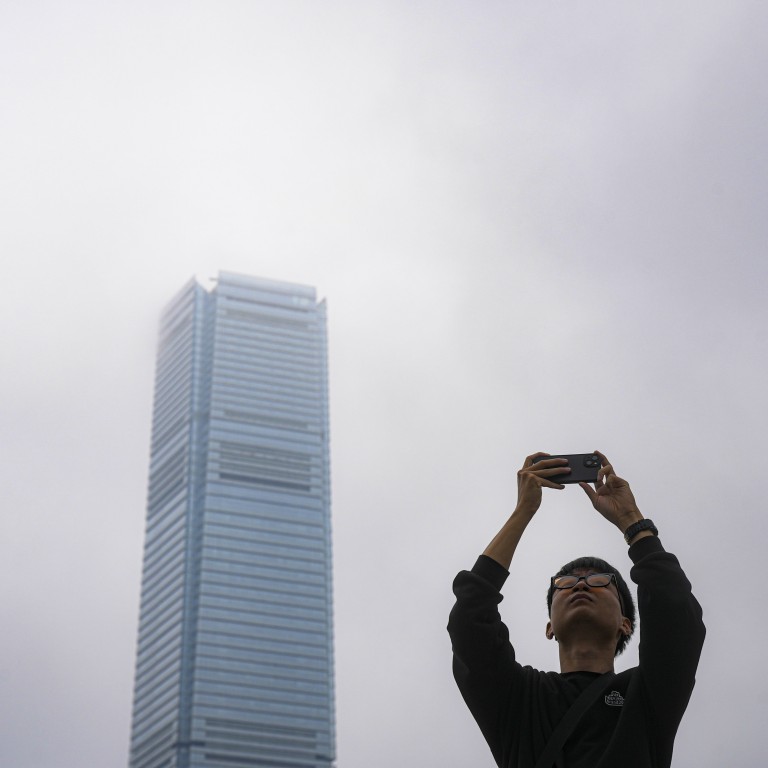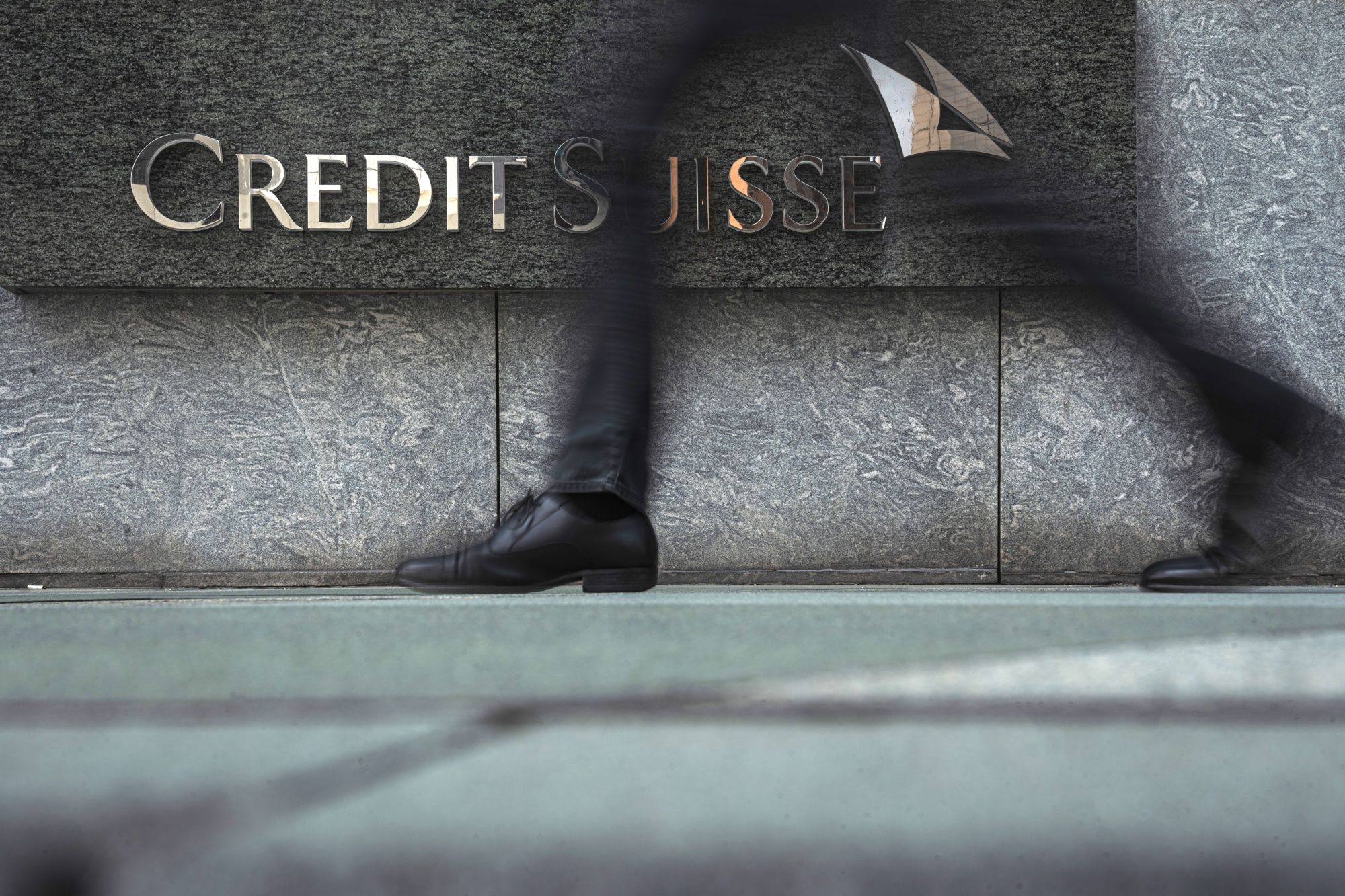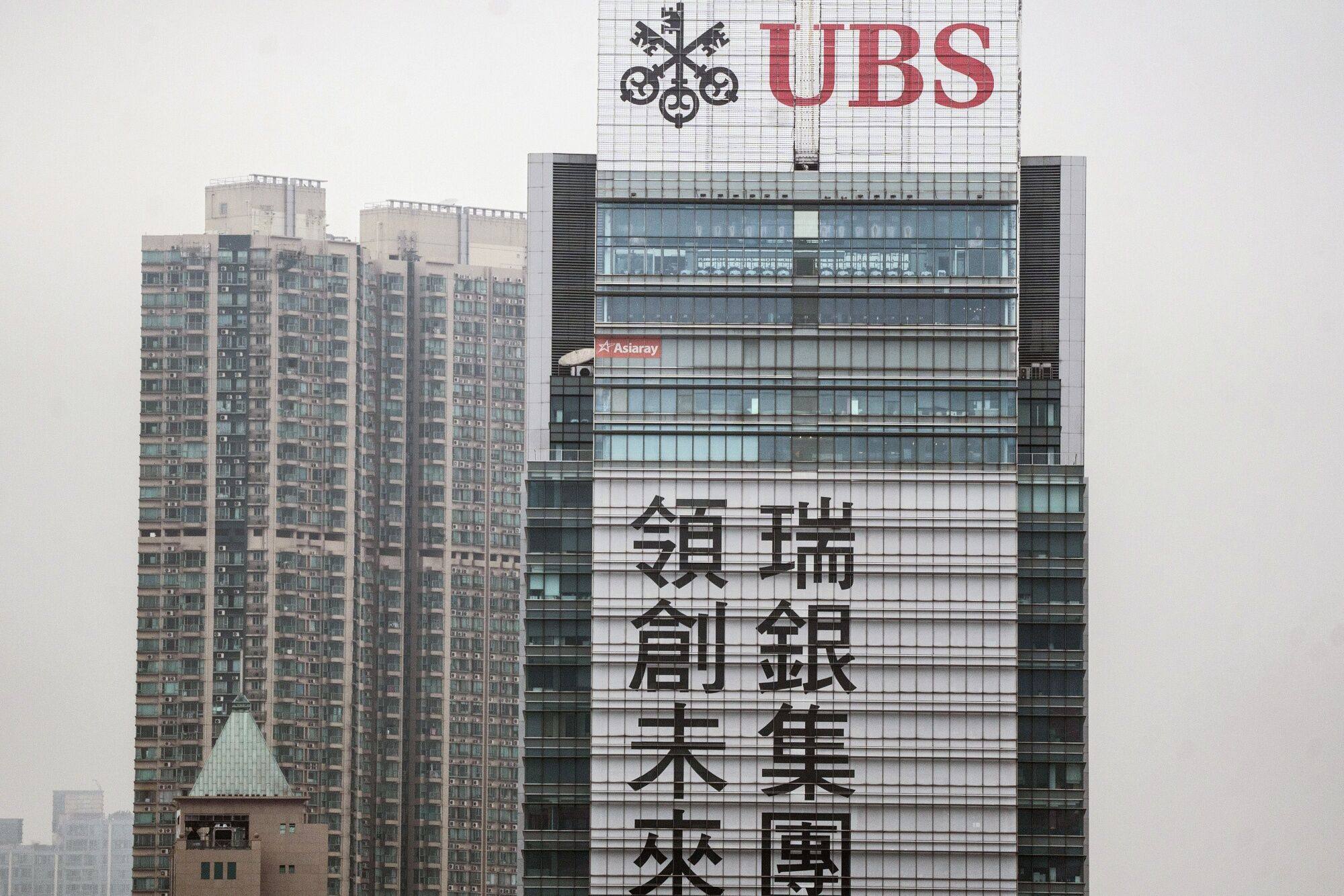
Hong Kong’s office glut to come under further pressure from Credit Suisse-UBS merger, analysts say
- With thousands of jobs at risk from Credit Suisse-UBS tie-up and more on the line across the wider financial sector, the outlook for Hong Kong’s office sector looks bleak
- The vacancy rate at Hong Kong’s grade A offices continued to inch higher last month, rising 0.1 per cent month on month, while rents dropped 0.2 per cent
The fallout from the UBS-Credit Suisse merger and more job cuts in the finance industry are likely to further squeeze Hong Kong’s premium office market, which is already suffering from a glut of vacant space.
Demand for offices continues to weaken and the market has not yet seen any signs of a rebound even after the reopening of the border with mainland China, analysts said.
“Companies in general have turned more cautious, while some occupiers have been downsizing for cost-saving [and] consolidation,” said John Siu, managing director of Cushman & Wakefield Hong Kong.

The office vacancy rate in Hong Kong rose 0.1 per cent month on month to 12.3 per cent in February, despite a positive net absorption, according to a report from JLL on Tuesday. The vacancy rate of grade A offices in the city stood at 12.1 per cent at the end of last year as more supply came onstream in non-core areas, JLL said.
Some key office districts – Wan Chai, Causeway Bay, Hong Kong East, Tsim Sha Tsui and Kowloon East – saw double-digit vacancy rates last month. However, Kowloon East had the highest vacancy rate at 19.7 per cent, JLL data showed.
While the size of the potential lay-offs at Credit Suisse is not yet known, it is likely to deepen the gloom in Hong Kong’s office segment, analysts said.
Credit Suisse occupies 10 floors, or 300,000 sq ft, at the 108-storey International Commerce Center (ICC) in Kowloon, accounting for 15 per cent of the space in Hong Kong’s tallest building. It is the building’s second-biggest tenant after Morgan Stanley.

Last October, UBS said that it would lease 250,000 sq ft of space in Sun Hung Kai Properties’ new project in Kowloon, which is expected to be ready in 2025.
The company had planned to relocate its staff spread across four offices, including Two International Finance Centre in Central, where it occupies 144,000 sq ft, to the new space in 2026.
“We are optimistic towards Hong Kong’s retail market after the border reopening, but as for the office market in the city, we feel pessimistic,” said Raymond Cheng, head of China and Hong Kong research at CGS-CIMB Securities.
“The possible rebound for offices brought by border reopening is far more sluggish than the retail market,” Cheng said, adding that it may take at least six months to a year to see a recovery.
Many multinational corporations that moved to Singapore during the Covid-19 pandemic will not be returning to Hong Kong anytime soon, Cheng said, adding that it will take time to lure mainland companies to Hong Kong.
Vincent Cheung, managing director of Vincorn Group Holdings, said new supply, including two projects under construction in Central – Cheung Kong Center II and The Henderson – could further weigh on the vacancy rate.
The market may be unable to absorb the new projects because of weak demand, Cheung said, adding that the market hit by three years of Covid-19 will not recover so easily despite the reopened borders.
“You will find many companies are still taking a flexible-working approach, such as allowing employees to work from home one or two days per week,” he said. “It has become normal as companies look to save costs.”
These factors are pressuring office rents, and could push them further down.
Hong Kong’s office rents continued to decline in February, with rents falling 0.2 per cent month on month and 7.8 per cent year on year to HK$51.6 per square foot per month, according to data compiled by Cushman & Wakefield.
Even in prime Central, the city’s main business district, rents fell 0.1 per cent month on month to HK$105.3 per square foot per month.
The recovery of Hong Kong’s office market depends on the pace of the city’s economic recovery, Cushman’s Siu said.
“On a brighter note, the recent relaxation of Covid-19 rules and reopened border with mainland China will support office demand from domestic, multinational and mainland China companies,” he said.
“Having said that, the recent banking turmoil in the US may trigger uncertainties to the market as the situation continues to unfold, making some companies adopt a wait-and-see attitude in the next couple of weeks,” Siu added.
“We estimate Hong Kong’s office rents may still drop 5 to 10 per cent this year,” said Cheng of CGS-CIMB Securities.

